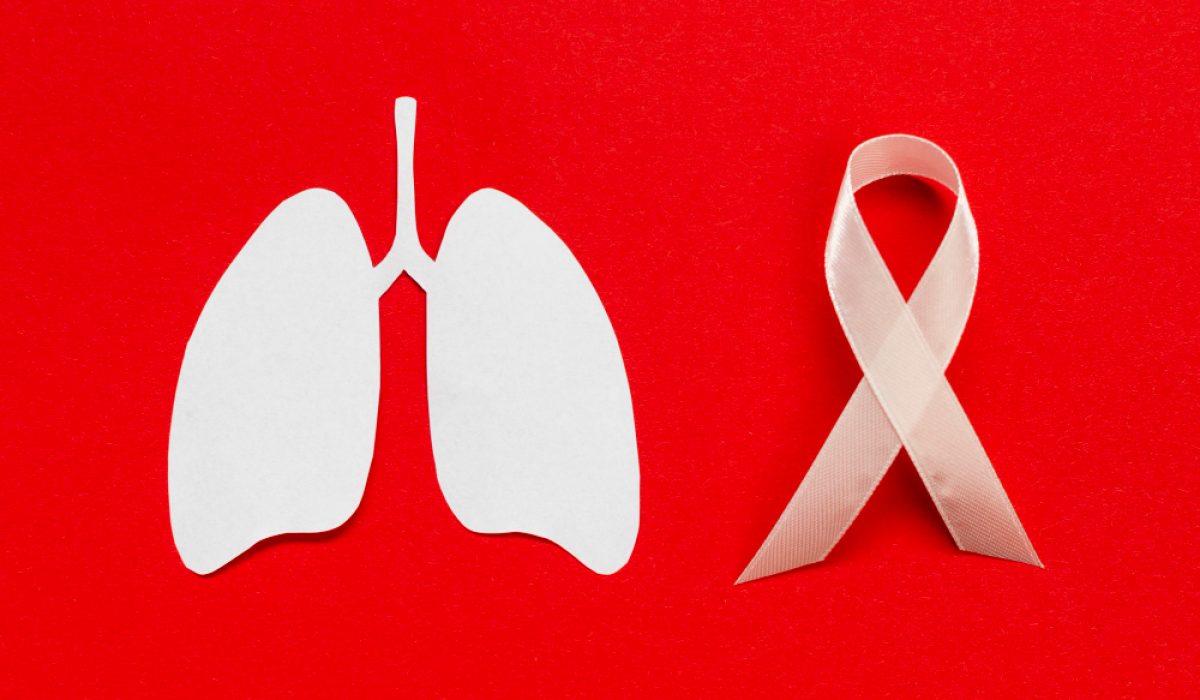What is Lung Cancer Awareness Month?
Lung Cancer Awareness Month takes place every November. During this month, people around the world focus on sharing facts about lung cancer. Many groups work together to spread knowledge, encourage early detection, and support those affected. Because lung cancer is a leading cause of cancer deaths, raising awareness is vital. This month, you can learn more about the disease and how to help others.
Why Lung Cancer Awareness Matters
Many people do not know the risks or signs of lung cancer. However, early detection of lung cancer can save lives. When people understand the symptoms and risk factors, they can seek help sooner. Also, awareness helps reduce stigma for those with the disease. By learning and sharing information, you can support lung cancer patients and their families.
Key Facts and Statistics
These numbers show why lung cancer awareness month is so important. Knowing the facts can help you take action.
Common Symptoms of Lung Cancer
Often, lung cancer does not cause symptoms early. Still, you should watch for these signs:
If you notice any of these symptoms, talk to your doctor. Early detection of lung cancer can make a big difference.
Risk Factors and Causes
Several things can increase your risk of lung cancer. However, some risks can be reduced. Here are the main causes:
Even if you do not smoke, you can still get lung cancer. Therefore, it is important to know all the risk factors.
Importance of Early Detection and Screening
Finding lung cancer early can save lives. Screening tests, like low-dose CT scans, can spot cancer before symptoms appear. For people at high risk, regular screening is recommended. Early detection of lung cancer often means more treatment options and better outcomes. If you are over 50 and have a history of smoking, ask your doctor about screening.
Prevention Tips and Healthy Lifestyle Guidance
While not all cases can be prevented, you can lower your risk. Try these lung cancer prevention tips:
By making healthy choices, you can protect your lungs and lower your risk.
How to Support Lung Cancer Awareness Month
There are many ways you can help during lung cancer awareness month. For example, you can:
Every action, big or small, can make a difference.
If you have concerns about lung health, consult a healthcare professional for personalized advice.
